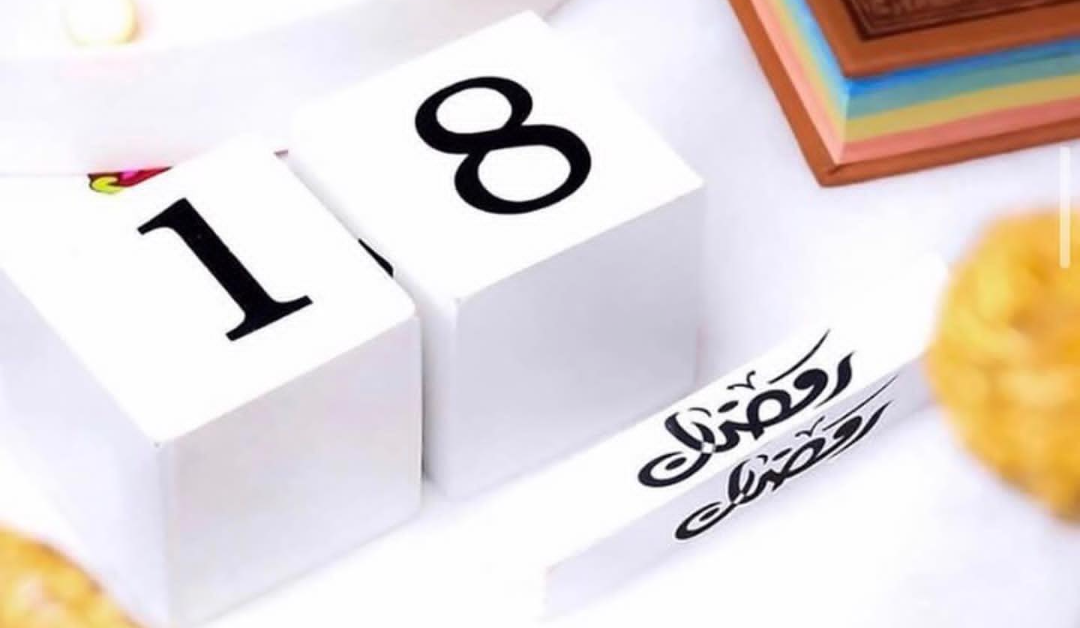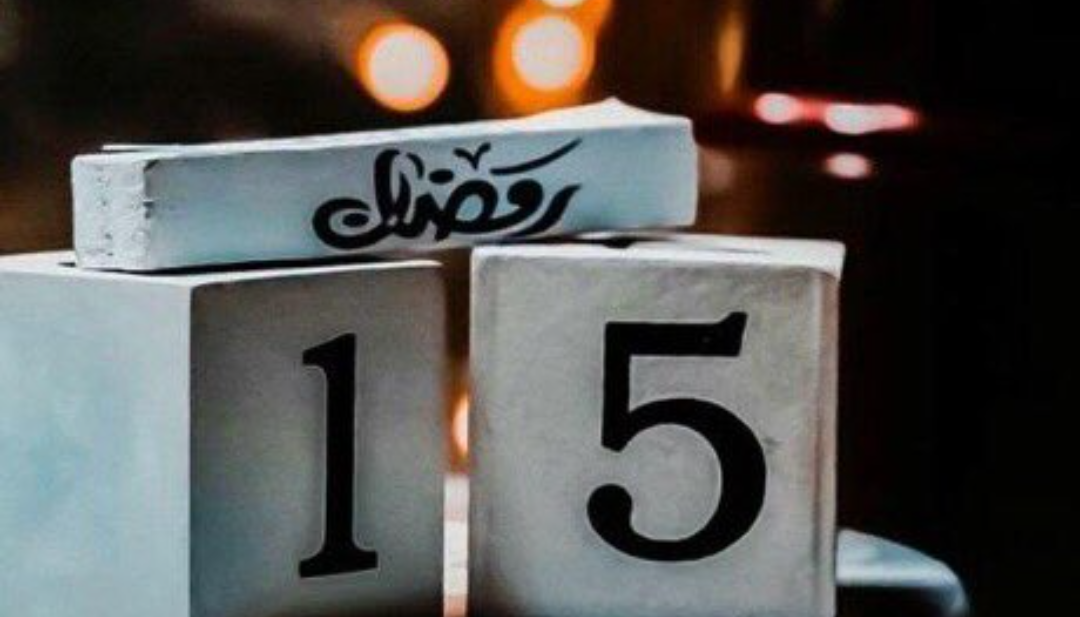Is Magnitude of Sins increased in Makkah and why?
Question :
Is the magnitude of sins increased in Makkah just like the blessings for good deeds are increased, and why is it increased in Makkah and not in other places?
Answer:
The evidences of the Islamic law prove that the blessings for good deeds are increased in the virtuous times and the virtuous places. Examples of times include Ramadhan, the first 10 days of Thul-Hijjah, and examples of places include the two sacred lands (Al-Haramayn, i.e., Makkah and Al-Madinah). Verily, the blessings for good deeds are greatly increased in Makkah.
Indeed it has been reported in an authentic Hadith from the Prophet ﷺ that he said:
"A prayer in this mosque of mine (in Al-Madinah) is better than 1,000 prayers anywhere else, except for the Sacred Mosque (in Makkah). And a prayer in the Sacred Mosque is better than 100,000 prayers in any mosque other than it (i.e., other than this mosque of mine)."
This was recorded by Ahmad and Ibn Hibban with an authentic chain of narration.
This proves that the prayer in the Sacred Mosque is increased to 100,000 times the prayer in places other than the Prophetic Mosque, and it is increased to 100 times the prayer in the Mosque of the Prophet ﷺ. Also, the rest of the righteous deeds are increased, but there is no specific amount that has been set. The limit and explanation has only been reported concerning the prayer. In reference to the rest of the deeds, like fasting, remembrance of Allâh, recitation of the Qur'an and charity, I do not know of any confirmed text that proves a set amount of increase for them. The only thing reported concerning these things that prove an increase in reward is general and there is no specified amount (of increase) concerning it.
The Hadith which states:
"Whoever fasts in Makkah, Allah will write for him 100,000 Ramadhan (fasts)."
This Hadith is weak according to the people of knowledge.
Thus, the conclusion is that there is no doubt concerning the increase at the noble Haram of Makkah Al-Mukarramah - I mean the increase in blessings for good deeds. However, there is no specified amount for it in the texts, as far as we know, except for the prayer. For verily, there is a text concerning it that proves that it is increased by 100,000 times, as mentioned previously.
In reference to the bad deeds, the view that the researchers among the people of knowledge hold is that they are not increased in reference to quantity, but they are increased in reference to quality. However, concerning the quantity, they are not increased in amount. This is because Allâh says:
"Whoever comes with a good deed, he will have ten like it, and whoever comes with an evil deed, he will not be recompensed except with its like."
The evil deeds are not increased in number, neither in Ramadhan nor in the Haram or anywhere else. Rather, it is always counted as one bad deed. This is from Allâh's Favor and His Kindness.
However, the evil deed performed in the Haram and during Ramadhan and during the ten days of Thul-Hijjah is a greater sin than the evil deed at other times and places. Thus, the evil deed performed in Makkah is greater, more heinous and more severe than an evil deed performed in Jeddah or Ta'if, for example. Likewise, the evil deed performed in Ramadhan and the evil deed performed in the ten days of Thul-Hijjah is more severe and heinous than the evil deed performed in Rajab or Sha'ban and so forth.
Hence, the evil deeds are increased in quality and not quantity. In reference to the good deeds, they are increased in quality and quantity by the Bounty of Allâh, the Most High. From that which proves the severe warning against evil deeds in the Haram and that the evil deed performed in the Haram is a tremendous and severe sin is the Statement of Allâh:
"And whoever inclines to any Ilhad (deviation) therein (in Makkah) or to do wrong, him We shall cause to taste from a painful torment."
This proves that the evil deed committed in the Haram is a tremendous sin. This threat is even concerning the inclination to do evil in it.
If the person who even thinks to deviate by committing evil acts in the Haram, will have a painful torment, what about the situation of the one who does deviant acts and bad deeds and evil actions in the Haram? Verily, his sin is even greater than simply thinking to commit evil. All of this shows us that the evil deed committed in the Haram is a serious matter.
The word 'Ilhad' is general and it includes all inclinations to falsehood, regardless of whether it is in beliefs or other than that. This is because Allâh said:
"And whoever inclines to any Ilhad (deviation) therein (in Makkah) or to do wrong."
So, He left it all indefinite (i.e., unspecified). So, if the person deviates in any deviation - and Ilhad is to incline away from the truth then he is threatened with this threat.
It could be that the inclination is away from correct belief to disbelief in Allâh. Therefore, the person disbelieves due to that and his sin is greater and his deviation is more heinous. The inclination could also be to an evil deed from the evil acts, like drinking intoxicants, committing fornication or adultery, and disobeying the parents or one of them. Thus, his punishment will be lighter than the punishment of the disbeliever.
If the deviation is by being unjust to the servants (of Allâh) by committing murder or beating or taking their wealth or cursing them or other than that, this is another type of wrongdoing. Yet, all of it is called Ilhad (deviation) and all of it is called wrongdoing, and the one who commits it is in a dangerous situation.
However, the deviation that is disbelief in Allâh and leaving outside of the fold of Islam is more severe than the rest of the sins and greater than them. This is as Allâh said:
"Verily, the association of partners with Allah (Ash-Shirk) is a tremendous Zulm (wrongdoing, injustice, etc.)."
And Allâh knows best.
Source:
Ash-Shaykh Ibn Baz
Fatawa Islamiyah, Vol. 4 Pages 303-304-305-306
 أرسلها على تطبيق الواتساب
أرسلها على تطبيق الواتساب 
